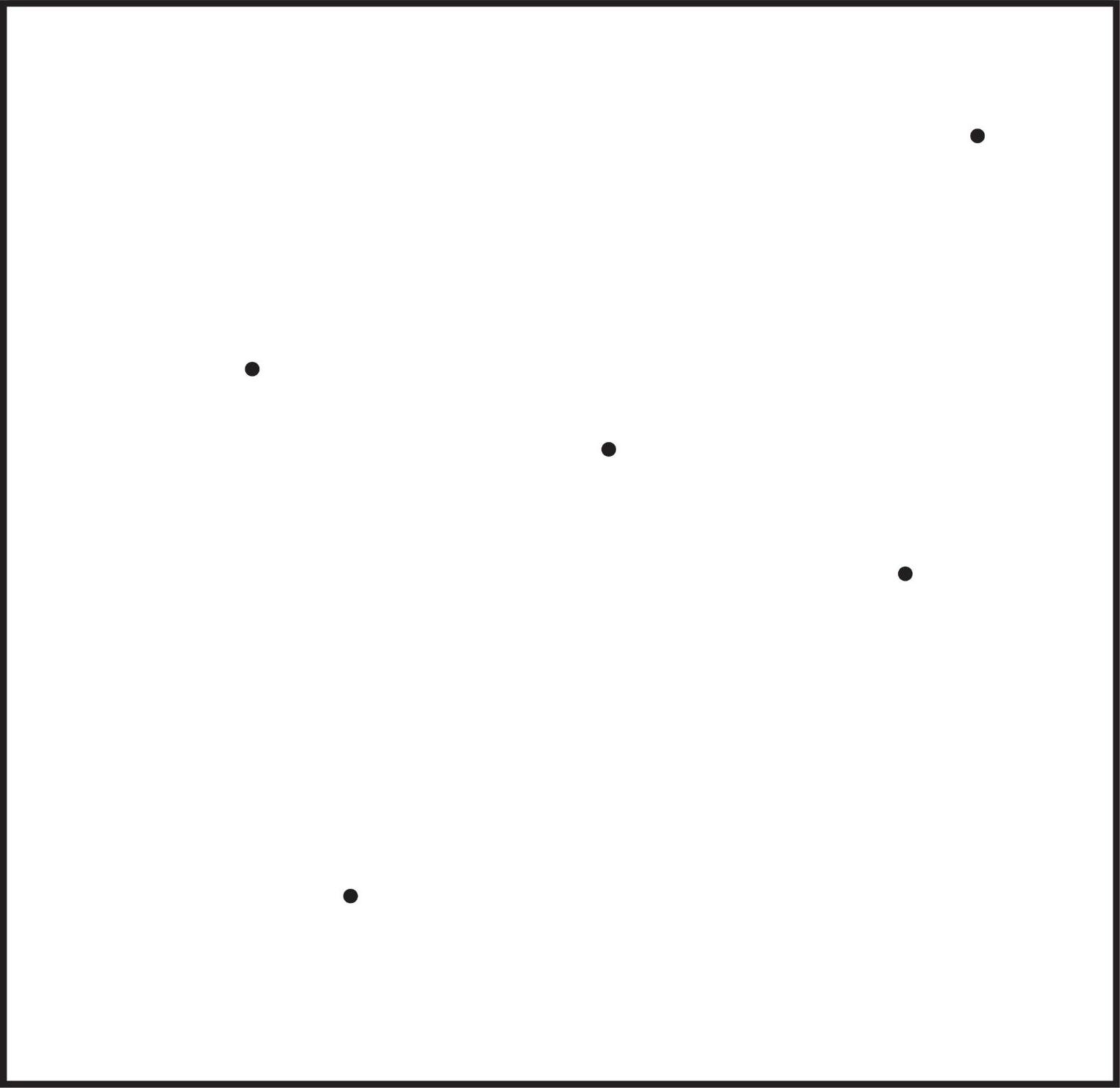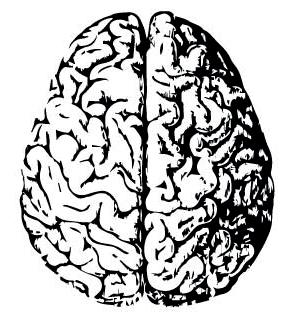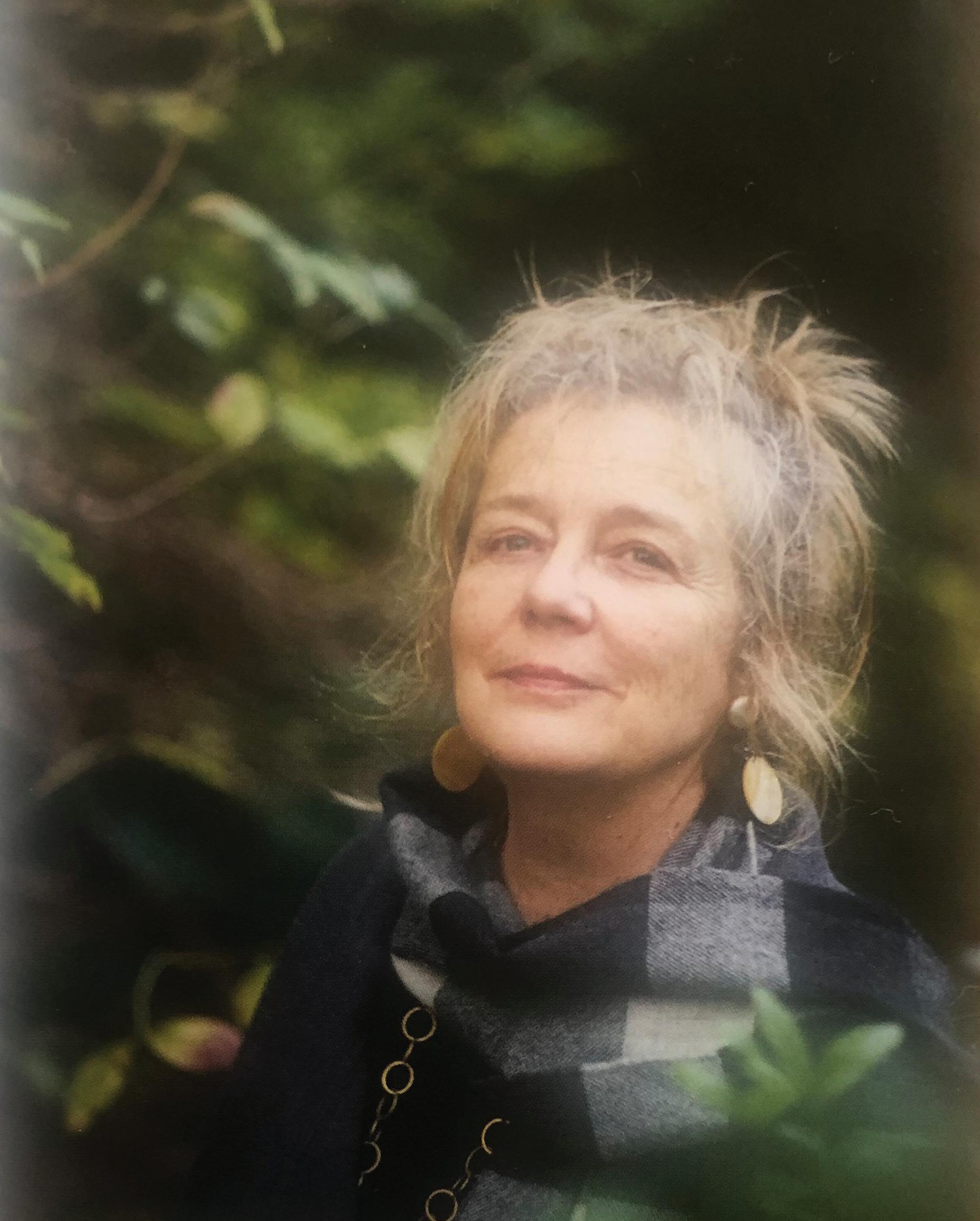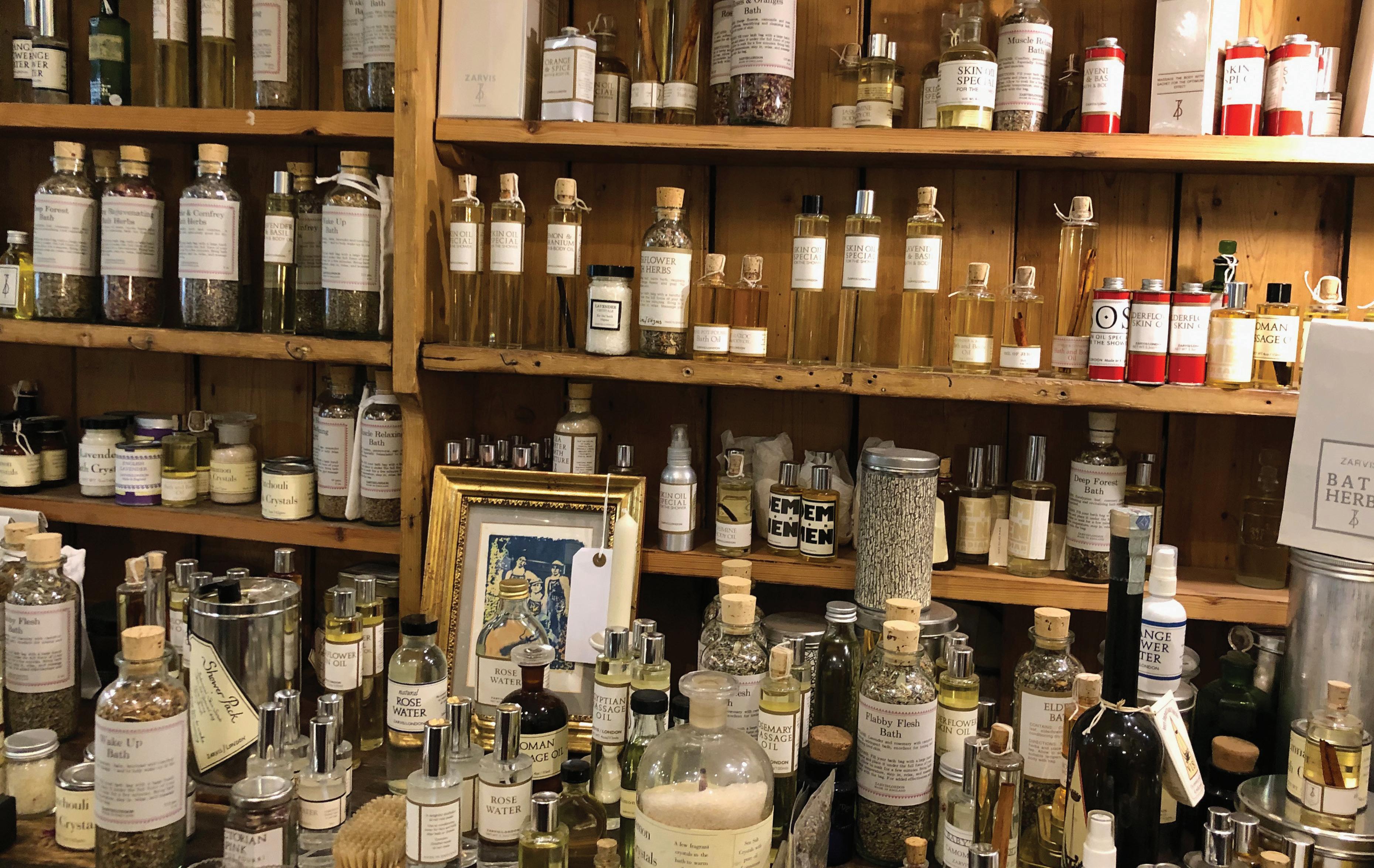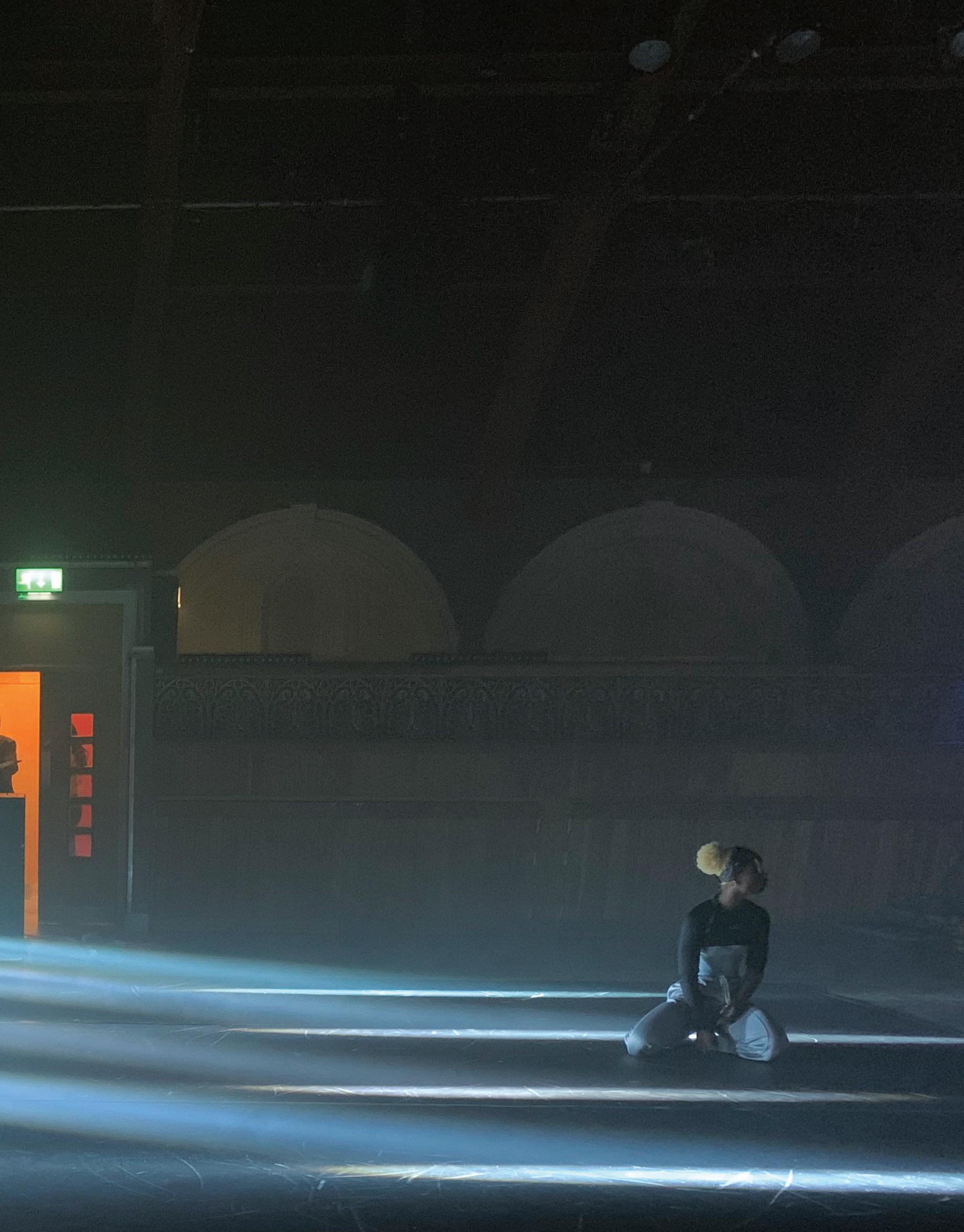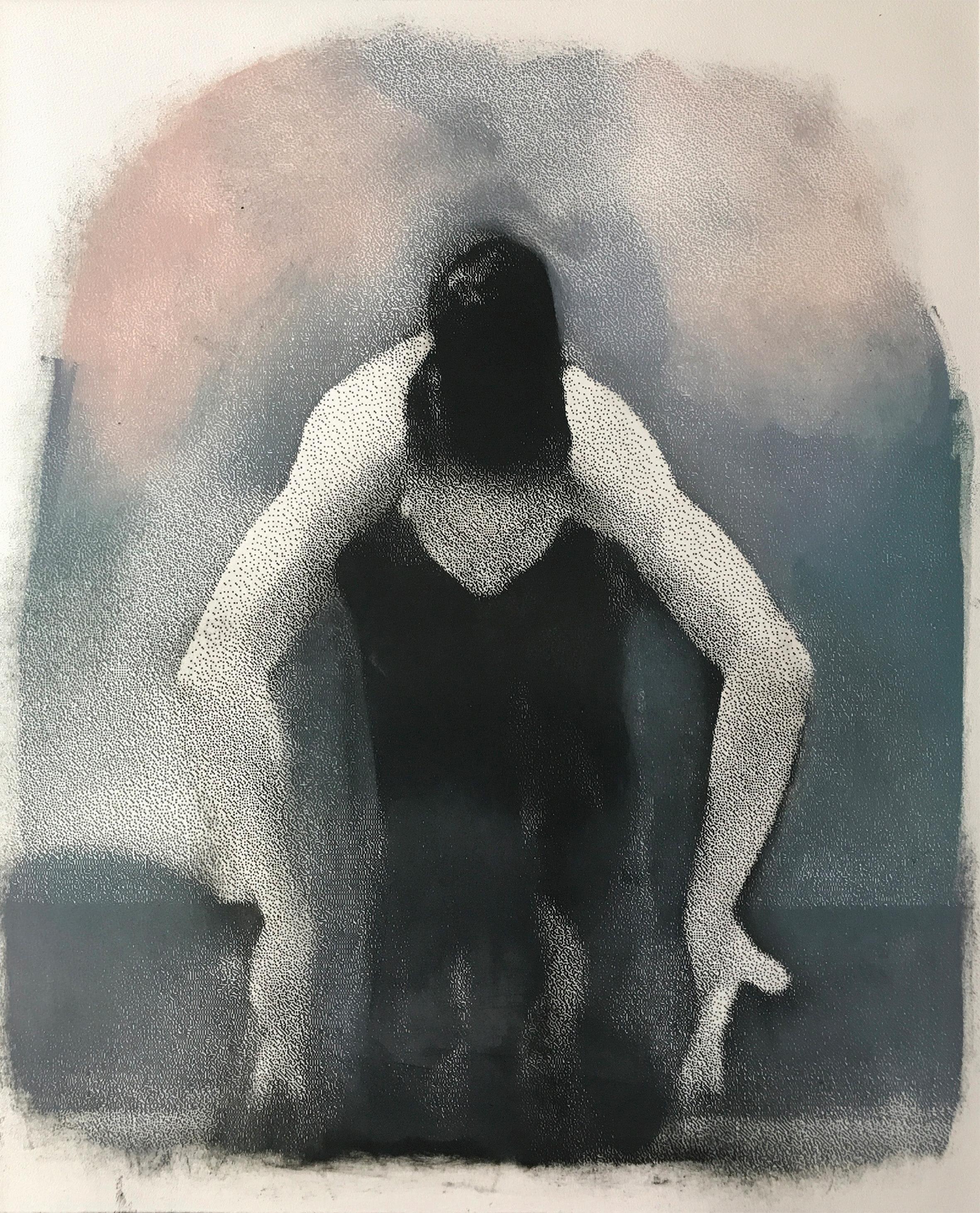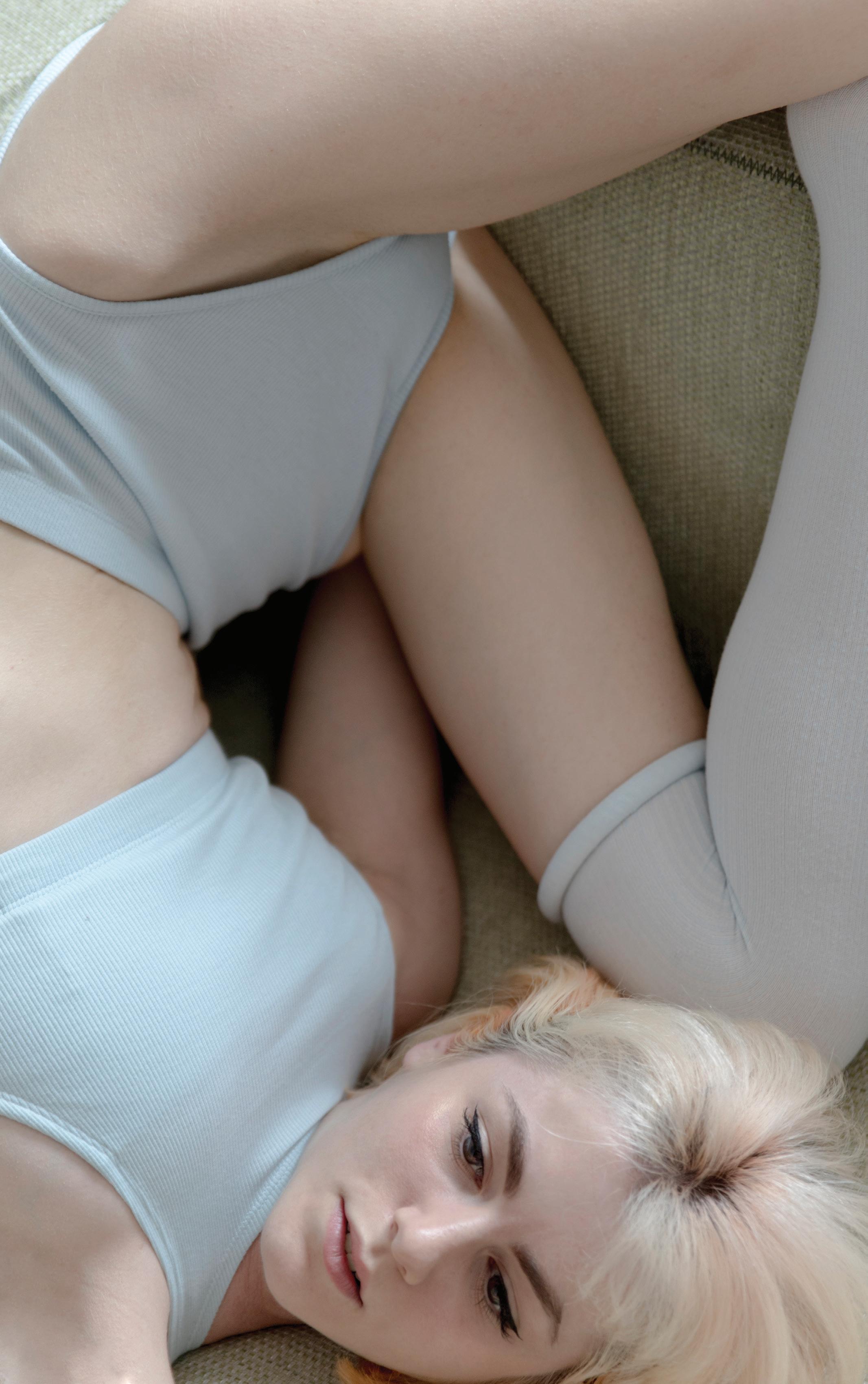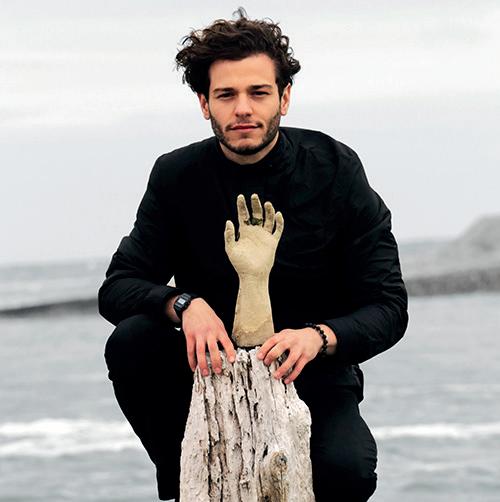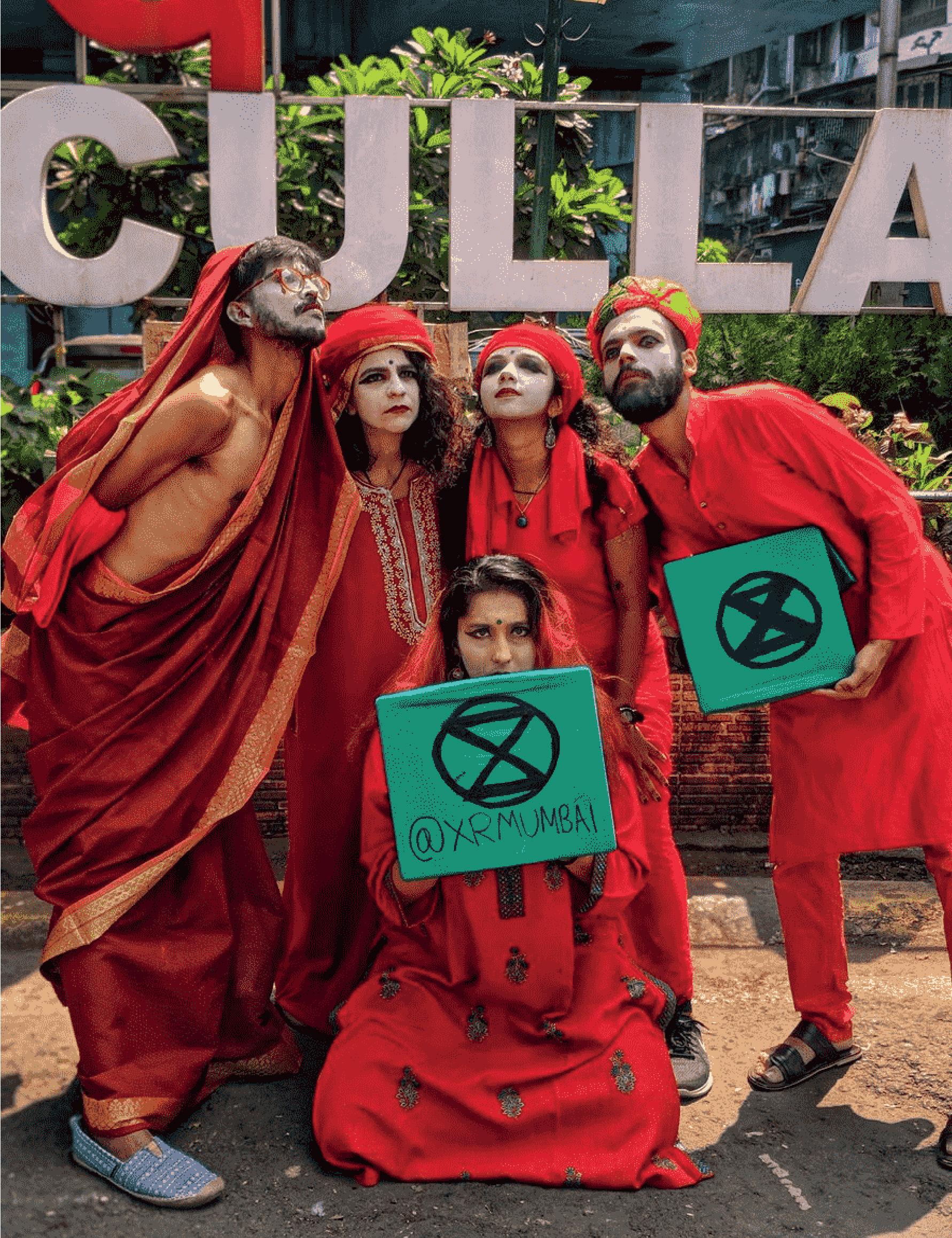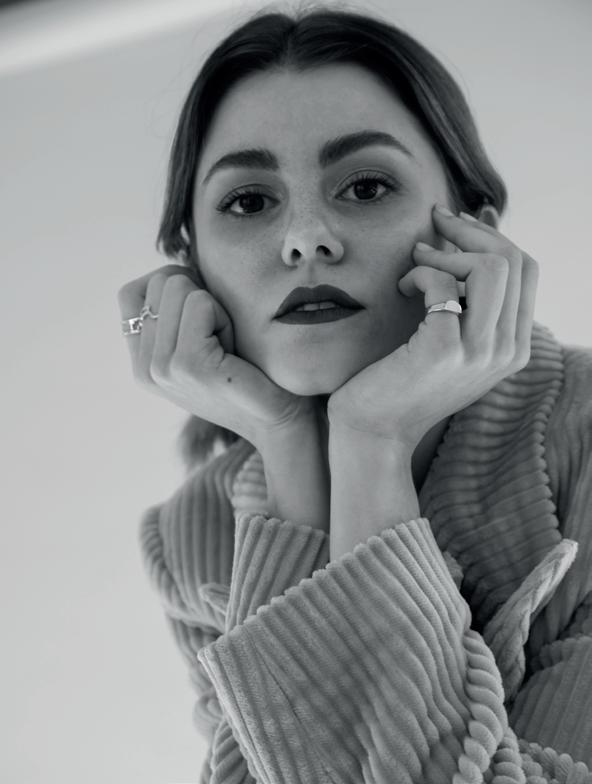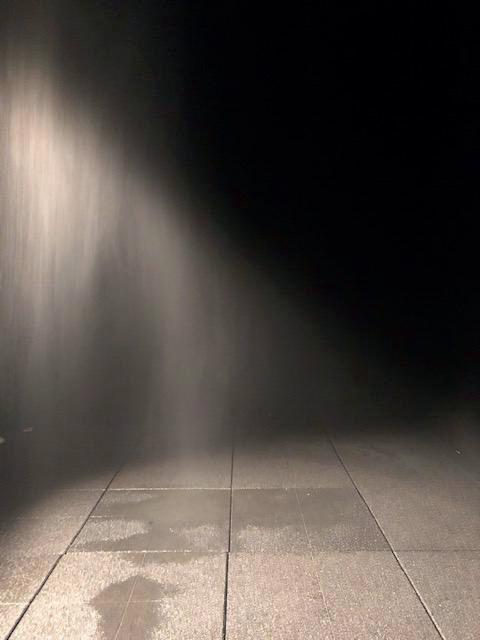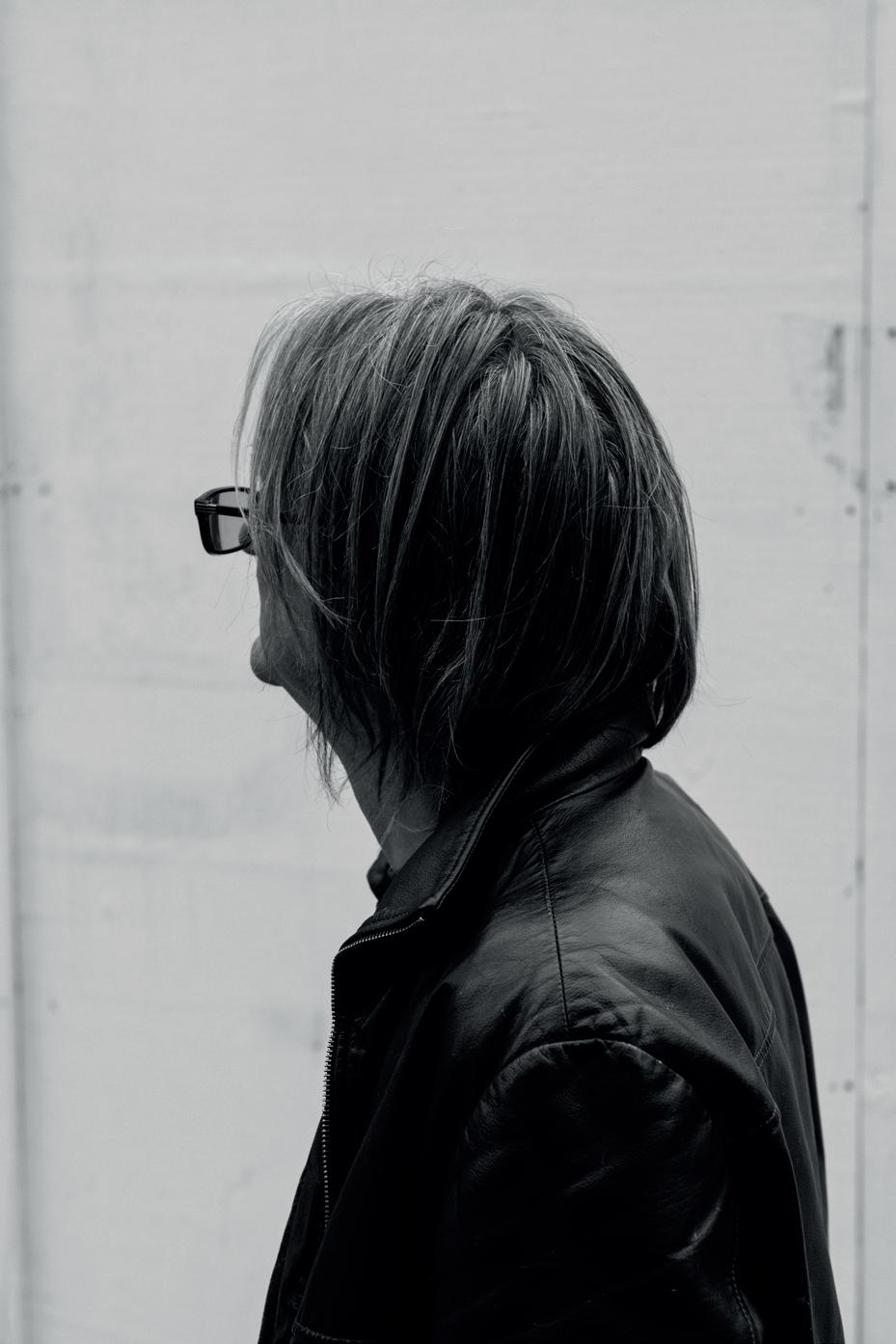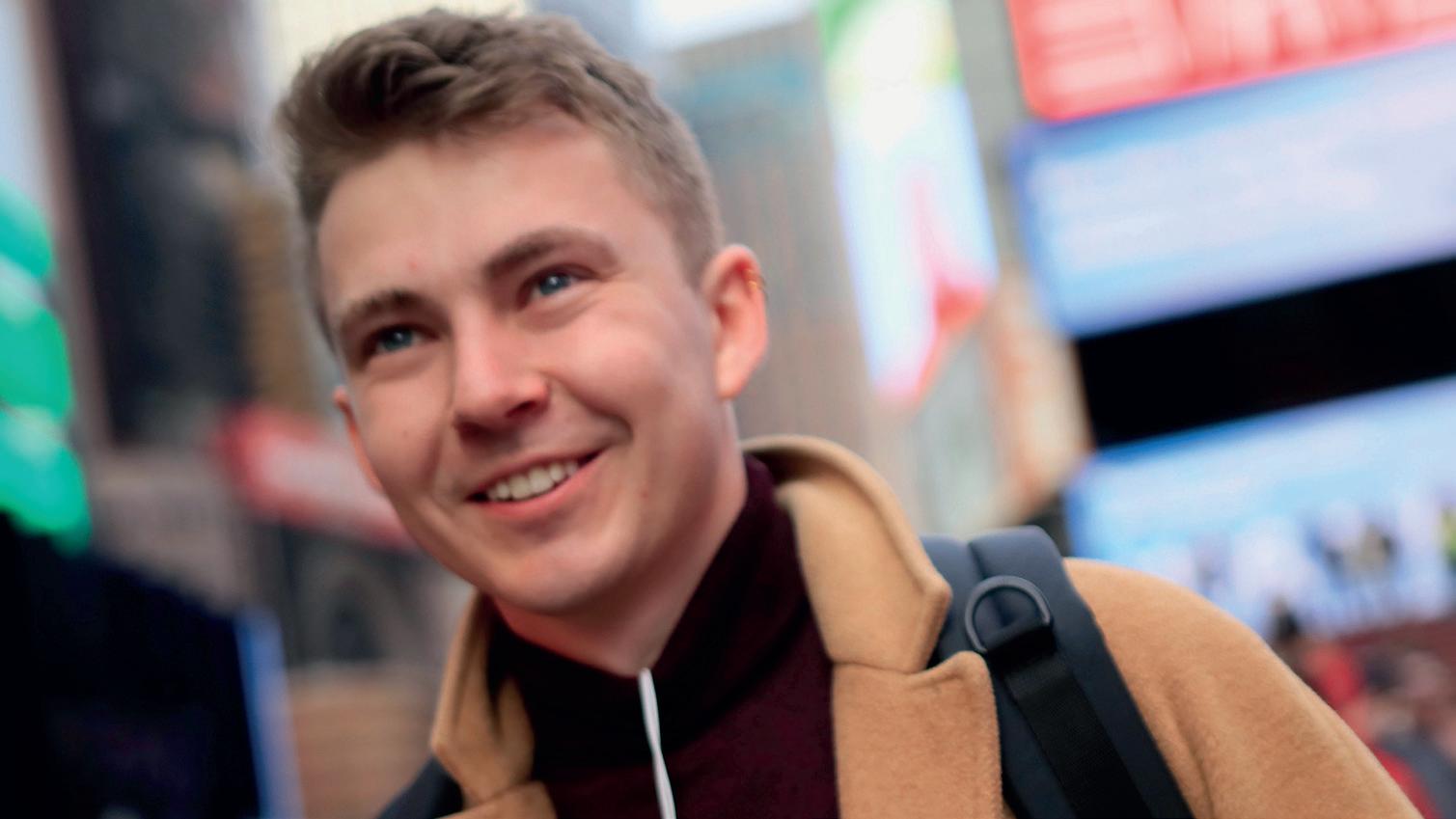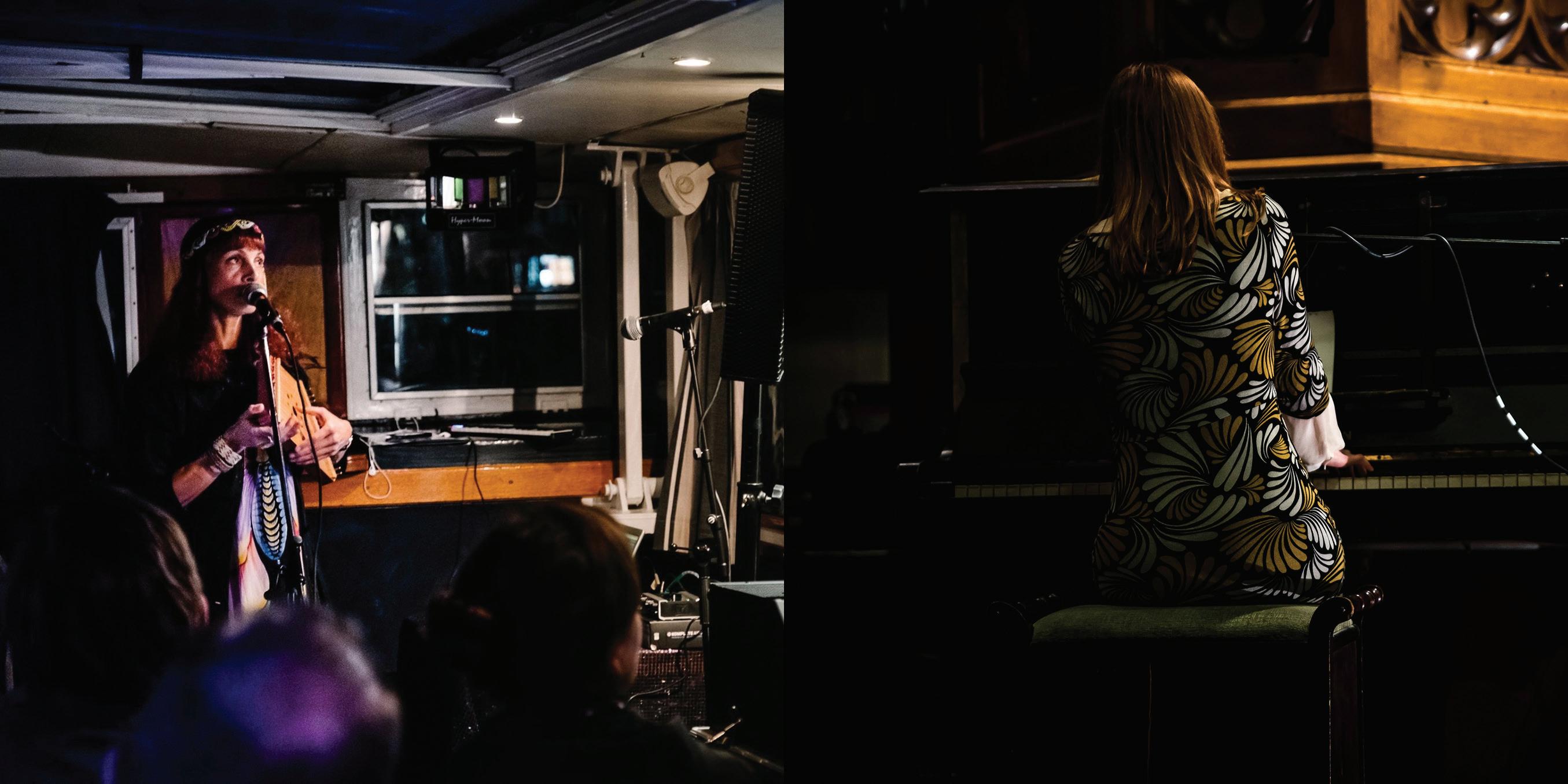AIR 2020
Rory Watson Q:What do you think the role of the arts is in society? I see the arts as a means of communication, whether its’ emotional, political or a demonstration of excellent craftsmanship. I personally like to use the arts to initiate debates about the future of our society in relation to the digital; how we engage with it, and how its’ affecting our future. There’s an interesting uncertainty when looking at what is to come, and the capabilities of the digital world fascinate me. Q: Why do you want to be an artist? Being able to do what you love, and have it as a career is what I always considered a dream. I have always loved being creative, its an endless competition against yourself. There is no end, no right answer, and that is what keeps it so annoyingly entertaining. I have never been one to consider working in the nine to five office environment, I like the freedom of being able to take my work wherever I go. I like seeing new places, living in different areas, being an artist enables me to do that. Of course working for yourself is challenging, but if it was easy it wouldn’t be enjoyable. Q: What would be your ideal life? There have been many unanticipated events which have taken my life down a different path, and I think if you have an end target, you’re not allowing for the excitement of this spontaneity. Of course there are things which I am trying to achieve now to make my life closer to ‘ideal’, such as being able to spend more time in a studio, and see more places and countries around the world. But if I keep pushing myself, I’m sure many unexpected things will keep my life exciting and eventful.
Q: What’s the best show you’ve visited this year and why? Every year I try to go the Frieze Art Fair due to the diverse artworks you can see all in one place. My practice isn’t limited to a specific medium, so being able to walk around a large space and see so many artworks to inspire me is amazing. For example, this year I got to see an interactive work by Dan Graham, a painting by Glenn Brown, and a bronze sculpture by Mark Manders - all of which have influenced my ideas for future projects. As my work touches on the subject of how the digital is influencing the art market, it is also interesting to analyse the trend of the artworks galleries have selected for exhibition. Q: Who and / or what is your greatest inspiration? I don’t really have a specific individual who I would label as my greatest inspiration. Perhaps seeing my family all accomplish success in their own specific fields has given me the motivation to try and be the best I can, at what I love doing. I suppose you could also say my curiosity towards the future world we will be living in is an inspiration - We’re living through a radical change where the exponential growth of digitisation is constantly changing our lives. Rather than seeing this as a concern, I guess I am excited about how this will affect me and the world I live in, which is why I think an element of this excitement is reflected in the artworks I create. Q: Why, when and where are you most productive? I prefer to have a separation between my living space and work space to be the most productive. If I can label a place as a working studio, then through entering that space, I am in the right mindset to be creative and stay focussed. Throughout my studies at university, I was lucky enough to have a studio within my uni as well as a basement which I transformed into a studio space at the house I lived in. But since having moved house, I prioritised finding a space I could use to upkeep my level of productivity, a residency for example... I’m definitely a night owl in terms of when I’m most productive. After completing all my daily tasks, I am then able to work into the early hours of the morning, losing track of time and not thinking about anything other than the projects I am working on. Q: Do you have faith in humanity and why? I find this question hard to answer. It’s not as simple as answering yes or no, sounding pessimistic or naive. But I would prefer to live my life optimistically rather than having no faith in humanity throughout it.

